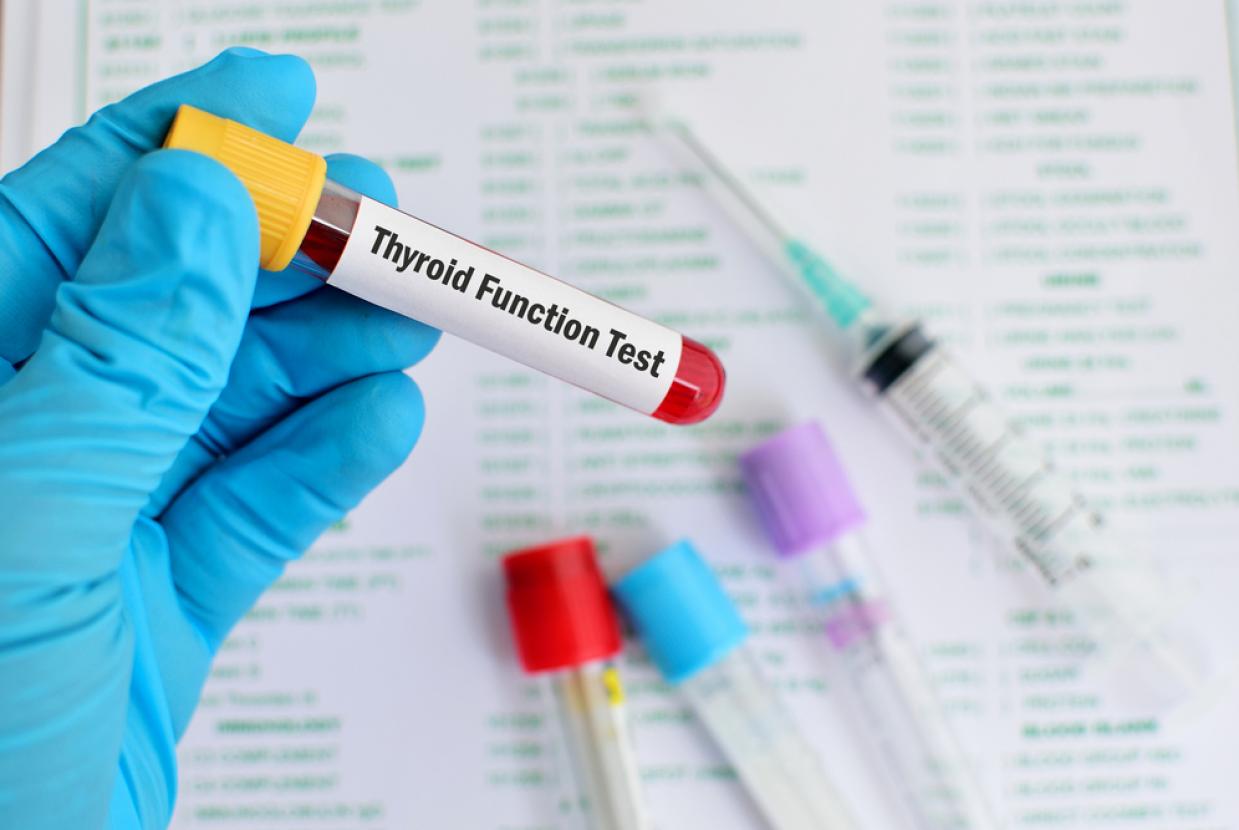Symptoms
NHS
An overactive thyroid (hyperthyroidism) can cause a wide range of symptoms, although it's unlikely you'll experience all of them. The symptoms may develop gradually or suddenly. For some people they're mild, but for others they can be severe and significantly affect their life.
Common symptoms
Symptoms of an overactive thyroid can include:
- nervousness, anxiety and irritability
- hyperactivity – you may find it hard to stay still and have a lot of nervous energy
- mood swings
- difficulty sleeping
- feeling tired all the time
- sensitivity to heat
- muscle weakness
- diarrhoea
- needing to pee more often than usual
- persistent thirst
- itchiness
- loss of interest in sex
Common signs
An overactive thyroid can also cause the following physical signs:
- a swelling in your neck caused by an enlarged thyroid gland (goitre)
- an irregular and/or unusually fast heart rate (palpitations)
- twitching or trembling
- warm skin and excessive sweating
- red palms of your hands
- loose nails
- a raised, itchy rash – known as hives (urticaria)
- patchy hair loss or thinning
- weight loss – often despite an increased appetite
- eye problems, such as redness, dryness or vision problems
When to see a GP
See a GP if you have symptoms or signs of an overactive thyroid. It might be useful to make a list of all your symptoms and show it to a GP. These symptoms and signs can have a number of causes. But a blood test can often help to determine whether they're caused by a thyroid problem.



























